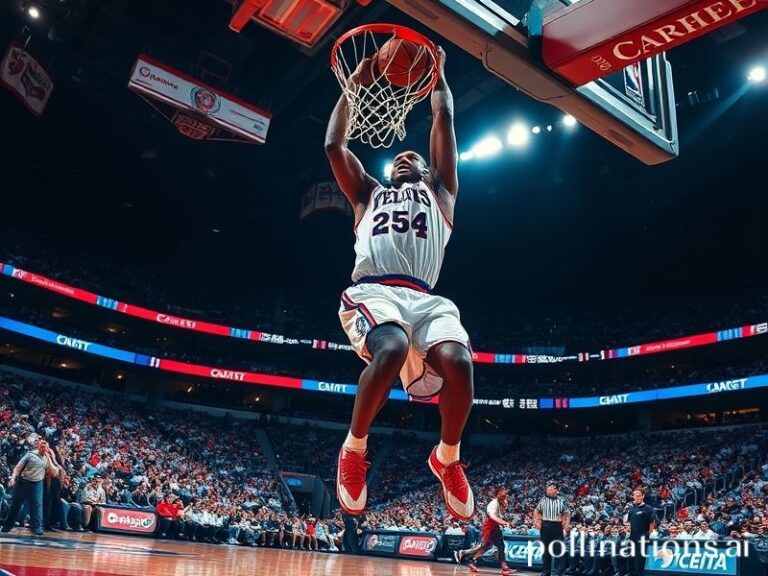Gronk Goes Global: How America’s Dancing Tight End Became the World’s Most Unlikely Cultural Ambassador
**The Gronkowski Doctrine: How a Dancing Tight End Became America’s Most Effective Cultural Ambassador**
While diplomats in Geneva debate the finer points of international law and trade agreements, the United States has been quietly exporting its most potent weapon: a 6’6″ former tight end whose primary qualifications appear to be an inability to pronounce “con-cate-nate” and a supernatural talent for spiking footballs with the enthusiasm of a toddler discovering gravity.
Rob Gronkowski—Gronk to the initiated, “that large American man” to everyone else—has transcended his original role as a football player to become something far more significant: a walking, talking embodiment of American soft power, minus the soft part. In a world where China builds railways across Africa and Russia weaponizes social media, the US counters with a man whose post-touchdown dances look like interpretive performances of late-stage capitalism.
The international implications are staggering. From the pubs of Manchester to the izakayas of Tokyo, Gronkowski has become shorthand for a particular strain of American excess. He’s the human equivalent of a supersized meal—unnecessarily large, questionably healthy, but undeniably compelling. European intellectuals dismiss him as everything wrong with America, then spend three hours watching his highlights on YouTube. The irony is delicious enough to pair with a nice Bordeaux.
What makes Gronk fascinating to the international observer is his perfect alignment with America’s global brand. While other nations struggle to articulate their cultural identity, Gronkowski communicates it through the universal language of spectacle. He doesn’t need subtitles when he’s body-slamming opponents or endorsing products with the subtlety of a military parade. The man is a walking infomercial for the American dream, if the American dream involved sustaining multiple concussions while maintaining the emotional intelligence of a golden retriever.
The economic implications ripple outward like a stone dropped in still water. Chinese manufacturers produce Gronkowski jerseys by the millions, each stitch representing another small victory in the global economy’s race to the bottom. Indian call center workers learn American football terminology to better serve confused fans. Brazilian children who’ve never seen snow practice his touchdown celebrations, their bare feet mimicking spikes on imaginary footballs in the favelas. Cultural imperialism has never been so delightfully absurd.
But perhaps Gronkowski’s greatest contribution to international relations is his unwitting demonstration of American decline. Here is a man who achieved maximum success by being maximally himself—unfiltered, unapologetic, and largely unburdened by complex thought. To the watching world, he’s both aspiration and warning: the logical endpoint of a society that rewards volume over substance, spectacle over skill, marketability over merit. He’s the American id unleashed, wearing a letterman jacket and eating a Tide Pod.
The global response has been predictably human. Everyone claims to hate him while secretly wishing they could afford his carefree existence. He’s living proof that in the modern world, authenticity is just another brand strategy, and ignorance might actually be bliss if you can monetize it properly. The French, who’ve spent centuries perfecting the art of appearing sophisticated, watch him stumble through interviews with the same morbid fascination they reserve for American cheese.
As the world grapples with climate change, rising authoritarianism, and the systematic collapse of post-war international order, Gronkowski stands as a beacon of something—though historians will debate whether that something represents hope or the final surrender of human dignity to entertainment. In the end, perhaps that’s his true global significance: proof that when civilization finally collapses, our descendants will find the ruins of our stadiums and assume we worshipped giants who danced for our amusement.
The joke, as always, is on us. But at least we’re laughing.







